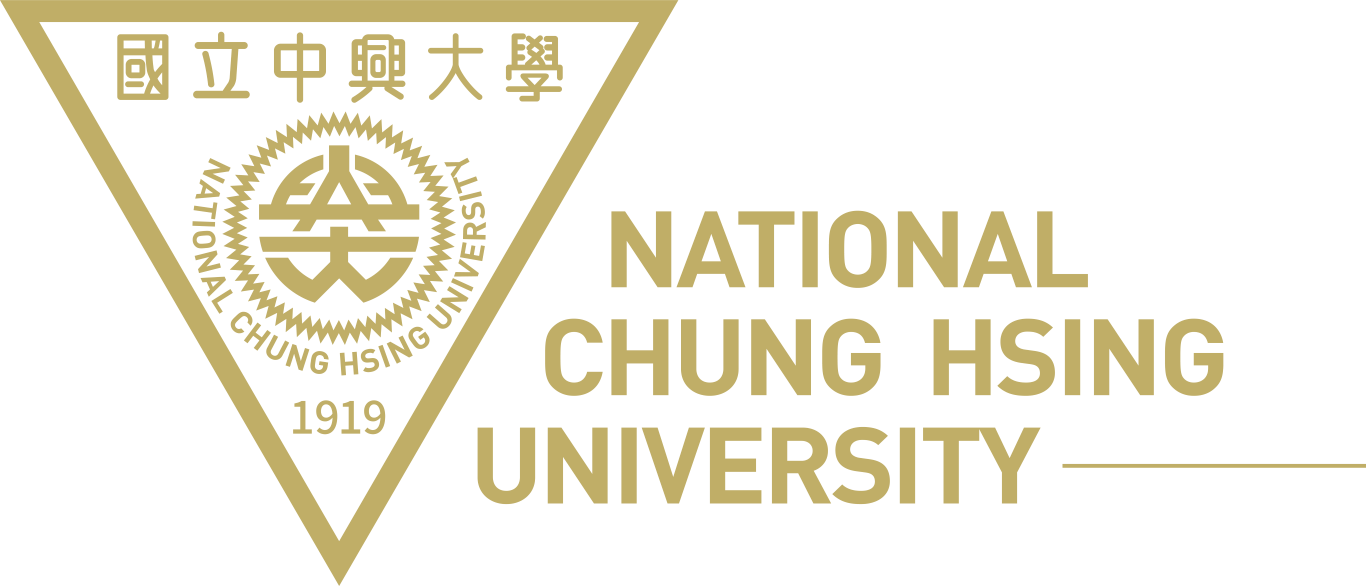1. Introduction:
Each counseling session is led by a professional counselor who guides participants to better understand themselves and their ideas, thoughts, and attitudes toward life through a series of explorative, topic-based activities. If you and your classmates are interested, sign up for a session or ask your academic advisor to do it.
2. Application procedures:
(1) Download the application form from the Health and Counseling Center website.
(2) Email the completed form to counsel@nchu.edu.tw.
(3) Applications must be submitted at least 20 days in advance. A staff member will call or email you within 3 business days of receiving your application to confirm the appointment details.
(4) Three days before the appointment, the staff member will call you again to confirm the contents of the counseling session and the necessary preparations on your part.
(5) After the counseling session, participants are required to fill out a feedback questionnaire.

